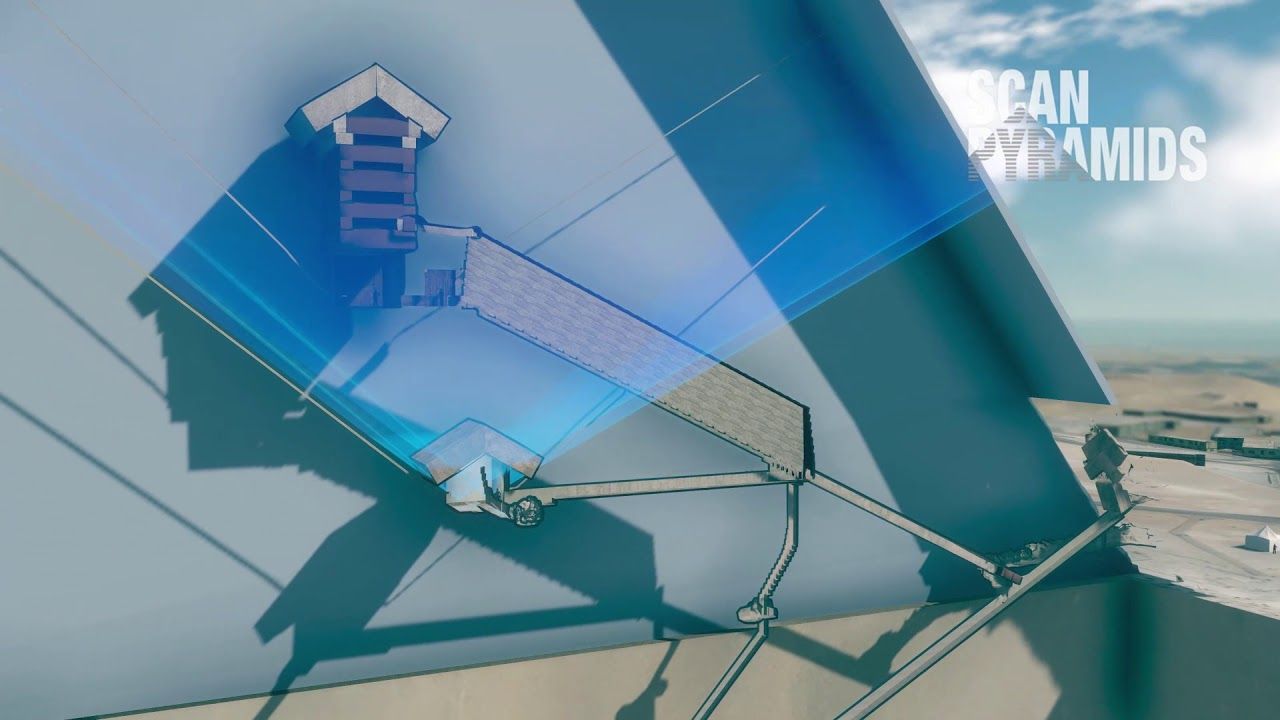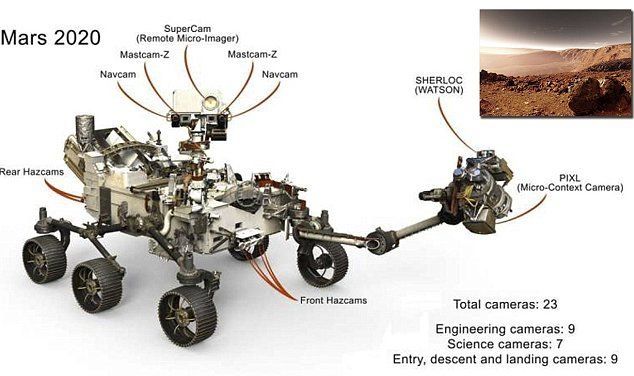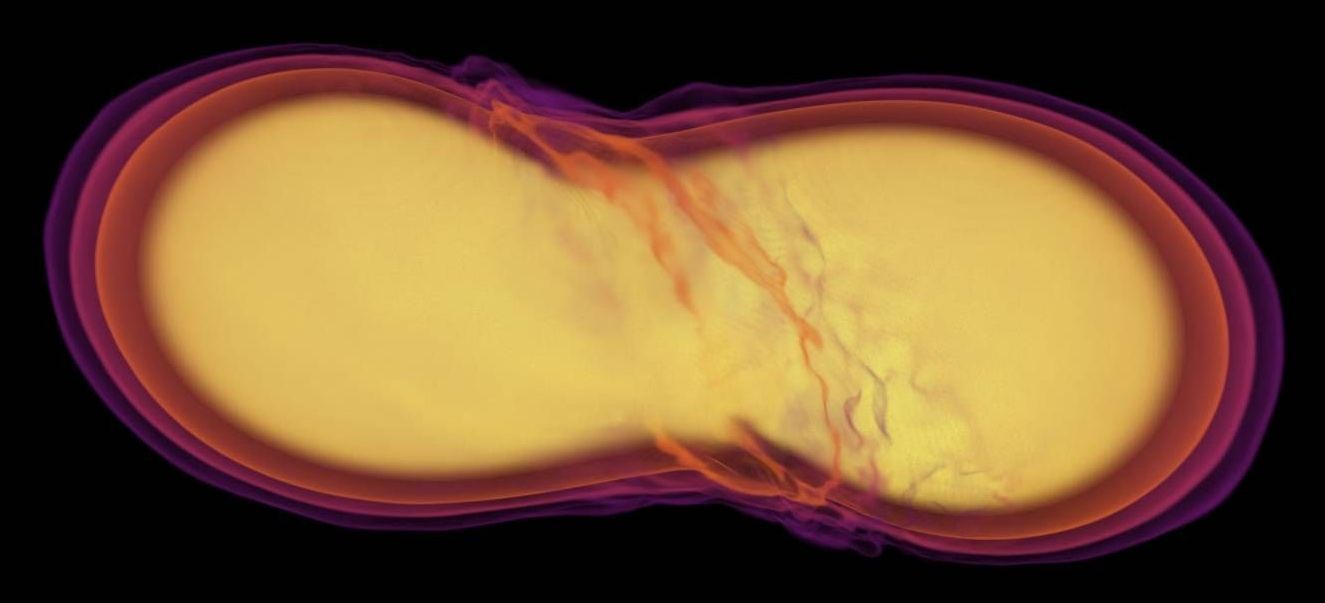Page 10051
Nov 2, 2017
Google’s former CEO says US could fail in the AI competition with China
Posted by Dan Kummer in categories: military, policy, robotics/AI
Alphabet chairman Eric Schmidt says the US is at risk of falling behind in the race to develop cutting-edge artificial intelligence. Speaking at a tech summit organized by national security think tank CNAS, Schmidt predicted that America’s lead in the field would continue “over the next five years” before China catches up “extremely quickly.”
“They are going to use this technology for both commercial and military objectives, with all sorts of implications,” said Schmidt, referencing a Chinese policy document outlining the country’s ambition to become the global leader in AI by 2030. Schmidt reiterated several familiar talking points in this debate, primarily that the US is failing to invest in basic research, and that a restrictive immigration policy hobbles the country’s ability to attract AI talent from overseas.
“Some of the very best people are in countries that we won’t let into America. Would you rather have them building AI somewhere else, or rather have them here?” said Schmidt. “Iran produces some of the top computer scientists in the world, and I want them here. To be clear, I want them working for Alphabet and Google!”
Continue reading “Google’s former CEO says US could fail in the AI competition with China” »
Nov 2, 2017
Neutron star merger confirms decades of predictions
Posted by Dan Kummer in categories: cosmology, physics
While black hole collisions produce almost no signature other than gravitational waves, the collision of neutron stars can be — and was — observed up and down the electromagnetic spectrum. “When neutron stars collide, all hell breaks loose,” said Frans Pretorius, a Princeton physics professor. “They start producing a tremendous amount of visible light, and also gamma rays, X-rays, radio waves…”
Princeton researchers have been studying neutron stars and their astronomical signatures for decades.
Nov 2, 2017
Why Eradicating Age-related Diseases is Unlikely to Create Immortal Dictators
Posted by Steve Hill in categories: biotech/medical, life extension
Why eradicating age-related diseases through rejuvenation biotechnology is probably not going to result in ever-living tyrants.
Suppose there was a country ruled by an evil dictator. Further, suppose the entire world was plagued by a terrible disease affecting 100% of the population. The disease isn’t infectious, but it is congenital. It progresses extremely slowly over the course of several decades, but it eventually ends up severely impairing one’s quality of life, and it is always fatal; it’ll take its own sweet time to kill a patient, but it always will, and it isn’t going to be fun.
If it was suggested that a cure for this disease should not be developed so that we could be sure the aforementioned dictator will eventually pass away, would you agree? Would your answer change if you lived in that country?
Continue reading “Why Eradicating Age-related Diseases is Unlikely to Create Immortal Dictators” »
Nov 2, 2017
Theoretical Physicists Are Getting Closer to Explaining How NASA’s ‘Impossible’ EmDrive Works
Posted by Andreas Matt in categories: quantum physics, space travel
The EmDrive propulsion system might be able to take us to the stars, but first it must be reconciled with the laws of physics.
Nov 2, 2017
Transhumanism: A technological “worldview”
Posted by Zoltan Istvan in categories: computing, mobile phones, transhumanism
A local ABC story on #transhumanism:
NORFOLK, Va. (WVEC) — From the minute we wake up until we go to sleep, we’re constantly surrounded by technology.
Computers, cell phones, iPads, they’ve become ingrained in our everyday lives.
Continue reading “Transhumanism: A technological ‘worldview’” »
Nov 2, 2017
Hidden structure found inside the Great Pyramid of Giza
Posted by Dan Kummer in category: particle physics

The Great Pyramid of Giza has been shrouded in mystery for millennia, but now a long-held secret of its structure might be known thanks to particle physics.
A narrow void lying deep within the ancient Wonder of the World has been found by scientists using cosmic-ray based imaging.
Continue reading “Hidden structure found inside the Great Pyramid of Giza” »
Nov 2, 2017
‘Monster’ planet discovery challenges formation theory
Posted by John Gallagher in category: space
A giant planet – the existence of which was previously thought extremely unlikely – has been discovered by an international collaboration of astronomers, with the University of Warwick taking a leading role.
New research, led by Dr Daniel Bayliss and Professor Peter Wheatley from the University of Warwick’s Astronomy and Astrophysics Group, has identified the unusual planet NGTS-1b — the largest planet compared to the size of its companion star ever discovered in the universe.
Continue reading “‘Monster’ planet discovery challenges formation theory” »
Krista Kim, the self-identified founder of the Techism movement-circa 2014-undergirds her process and seeks to encompass other artists working with tech within the Techism philosophy. “The contribution of art using digital technology will create a more connected and humane culture,” Kim asserts.
Artist Krista Kim seeks to raise digital consciousness through Techism.

Nov 1, 2017
NASA reveals its Mars 2020 rover will have 23 ‘eyes’
Posted by John Gallagher in categories: futurism, space

The 23 futuristic cameras are being built by experts at NASA’s Jet Propulsion Laboratory in Pasadena, California ahead of the Mars 2020 mission.
















